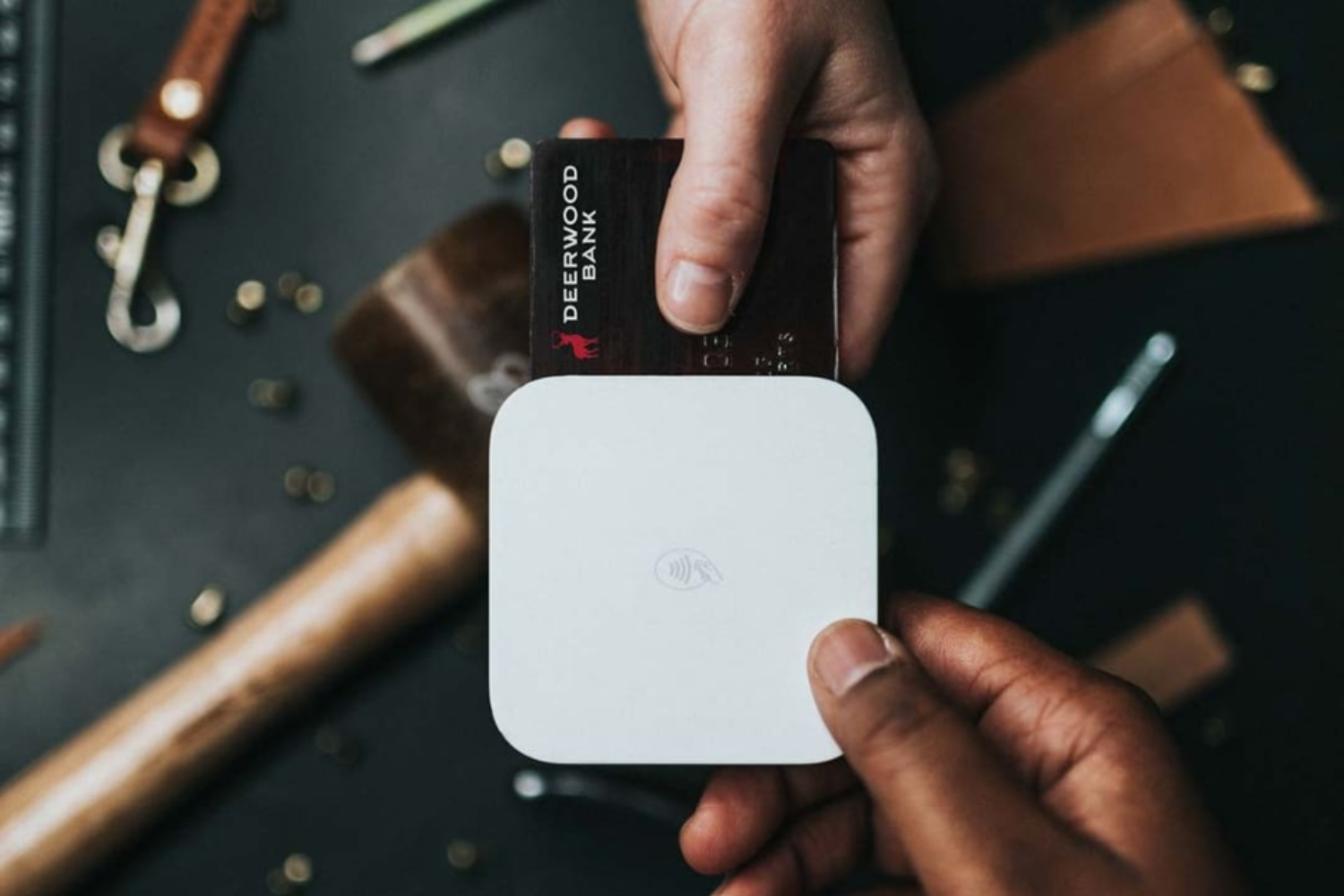Want to learn a crazy statistic? According to Cybersecurity Ventures, the cost due to global cybercrime is expected to reach $10.5 Trillion annually by 2025. Let that sink in… $10.5 Trillion a year. I don’t start with this stat to scare you, but rather, to show the toll that cyber criminals can take on economies.
Now $10.5 Trillion is a lot of money, and it isn’t all going to be coming from one bank account. Instead, most of this sum will be compiled small piece by small piece, from everyday people like you and me. By staying vigilant and aware of the many different cybercrimes out there, we can fight back against this ugly industry. To help you be better prepared for this battle, I’ve written down five ways that you can combat online crime.
1) Identifying a crime.
The first step in the battle against cybercriminals is recognizing when you (or someone you know) are being targeted by a cybercriminal. This can happen in a multitude of ways, so it is best for you to stay up to date with the latest scams and crimes that are impacting people in your area. One of the best ways to do this is by reading the consumer awareness blog articles that are published by the Federal Trade Commission (FTC).
2) Be mindful of your information.
We talk about this extensively here at Deerwood Bank. Your personal information is YOUR personal information. Always protect it. Whether it be out in public or shopping online, be extremely mindful of who you are providing your personal or financial information to. As PCBB noted in a recent cybercrime article, “Much of the ill-gotten revenue is from stolen credit and debit cards. These (dark web) underground sites were estimated to be selling more than 23MM stolen credit and debit card numbers in early 2019, which was before the online surge last year during the pandemic.”
3) Password protect.
You lock your house when you leave for the day, right? So why shouldn’t you do the same with the digital devices that you are using? Password protect all of your personal and confidential information. Whether it be on your device or on the sites you currently frequent, make sure to implement a strong and unique password. And please please please, do not use the same password across several websites or apps. If one password gets compromised, the others are in danger as well.
4) Be cautious with those you communicate with online.
You should always be cautious with those you meet and communicate with online. Fraudsters will often pretend to be someone, or something, that they are not. Keep an eye out for unwarranted Facebook friend requests, emails, or text messages. Oftentimes these are just scammers looking to gain your trust so they can access your personal information. Lastly, if it looks too good to be true, it probably is! Be mindful and logical when communicating with others online.
5) Report. Report. Report.
Some of the best weapons we have against cybercrime are partners like the FTC. This agency, and others like it, are working non-stop to protect consumers around the country. However, they can’t catch every crime. That’s why they rely on people like you and me to report suspicious activity when we see it. Like I said earlier, identifying a crime is a great first step, but it is rendered almost useless if you choose to not report it. Please, if you see suspicious online activity, or feel that you have been the victim of a cybercrime, report it at https://reportfraud.ftc.gov/#/.
Fighting against cyber scams and fraud can seem daunting, and I’m not going to lie – it’s an uphill battle. But, it’s a battle we need to continue to fight. Be well and stay safe!





